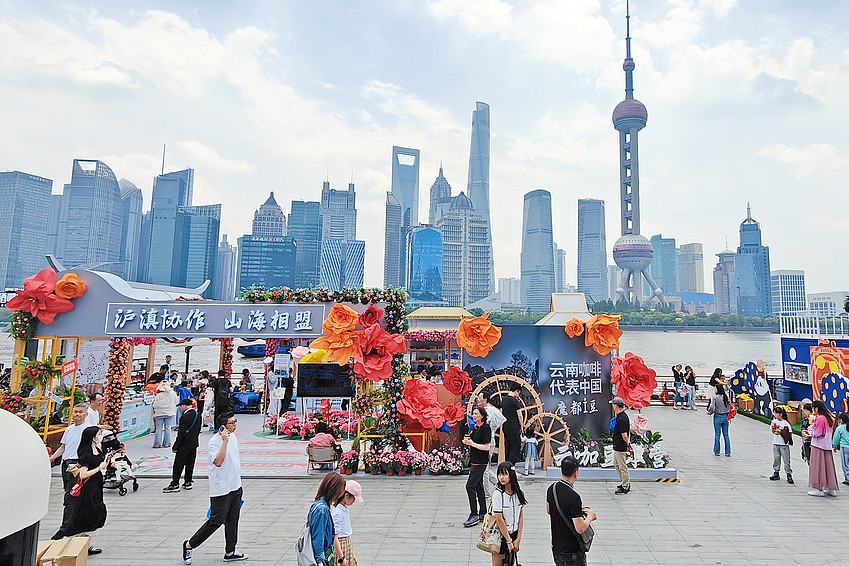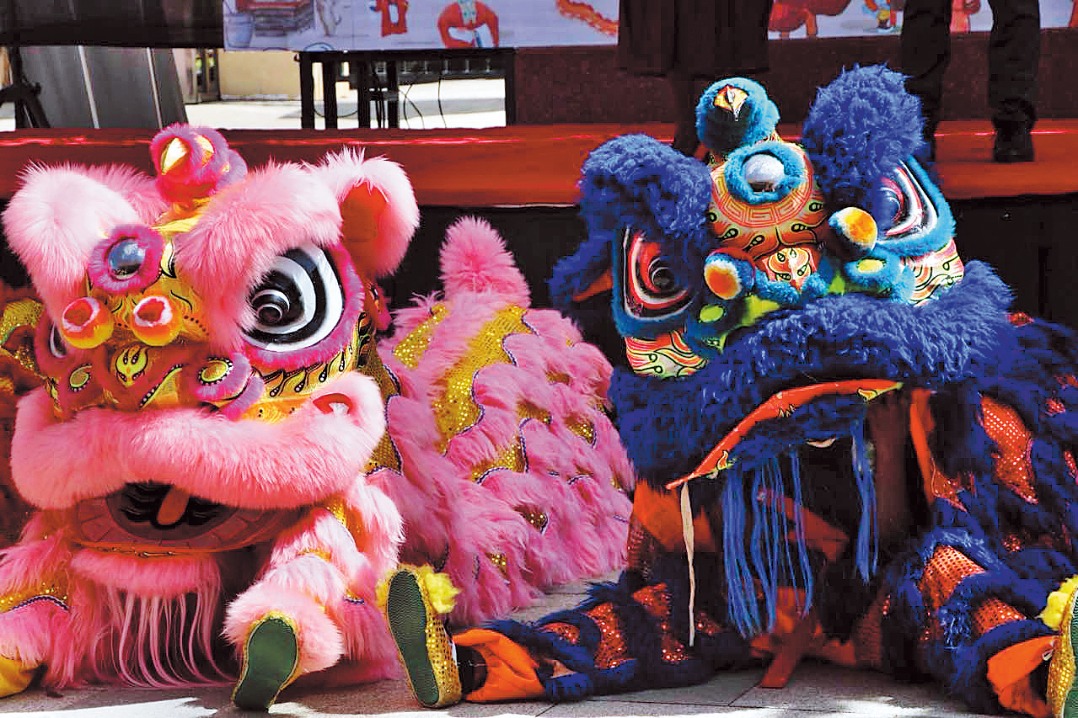Deng a visionary who charted the course of country's future


China has been commemorating the late leader Deng Xiaoping's 120th birth anniversary. The Central Committee of the Communist Party of China held a special symposium in Beijing to mark the occasion where Xi Jinping, general secretary of the CPC Central Committee, lauded Deng's outstanding contribution to socialism with Chinese characteristics. Apart from the Party, major newspapers have published special editions to commemorate the occasion, while China Central TV has been telecasting a TV series on Deng.
The thousands of stories, videos and pictures on Deng uploaded on different internet platforms, too, show the love the Chinese people have for the late leader even 27 years after his death.
I saw Deng several times before he retired from public duty in 1989. Although I saw him only from a distance when reporting some events, I felt close to him, not because he was a top Party leader or an excellent bridge player and I was a sports writer, but because I looked up to him as the man who changed the lives of hundreds of thousands of youths like me.
I was packing up to go to the countryside to work as a farmer — as almost every other youth during that time did — after graduating from high school in mid-1977. My biggest dream then was getting enough food in the village I was assigned to work and live in during the few years I was supposed to toil there, before returning to my city and finding a job in a factory or as a shop assistant.
It was then that I heard people talking about the possibility of college entrance examination (gaokao) being resumed and anyone below the age of 30 being eligible to apply to take the exam. The higher learning institutes were largely closed between 1966 and 1976, and gaokao was abolished. And then came the announcement of the resumption of gaokao in December. About 270,000 fortunate youngsters were enrolled in universities. I was one of them.
Many articles published a decade or so later described how difficult it was for Deng to get the Party to agree to resume gaokao in 1977. Deng's decision changed the lives of millions of workers, farmers, scientists and professors. And all of them have their own stories to tell about Deng.
Western media outlets often describe Deng as a pragmatist. If the term "pragmatist" has a negative connotation in their lexicon, I would consider that derogatory, because Deng was a very practical man who always had people's interest in mind.
While facilitating the entry of educated youths into universities to acquire higher education, which would help in the construction of the country, Deng lost no time in introducing rural reform in 1978, which changed the socioeconomic structure of the countryside. The reform inspired farmers to make extra efforts to increase production, and within a few years, food shortage in both rural and urban areas was basically eased.
Few can understand the pressure Deng had to bear to change the practices that had become the norm for many years or had been written into law. But he was a true believer and practitioner of the Party's principle of seeking truth from facts, and didn't hesitate to take bold decisions in the interest of the people and the country.
Deng was a statesman with a great vision. When he met with a group of China's old friends from abroad in 1978, he realized that foreigners flocking to China as tourists and for business became "blind and deaf" once they landed in China. He then decided to launch an English language newspaper to bridge the information gap between the world and China. The decision was made at a time when China had few talents, equipment and funds for such a project. But Deng foresaw the importance of communicating with the rest of the world while charting the course of China's reform and opening-up.
With his support, a national English newspaper was launched in 1981, and that is what you are reading now.
The author is former deputy editor-in-chief of China Daily.


































